Free Prior Informed Consent and Duty to Consult
Looking back Back in 2014, when we published this blog post, Canada was wrestling with the notion of Free, Prior, and Informed Consent (FPIC) and the...
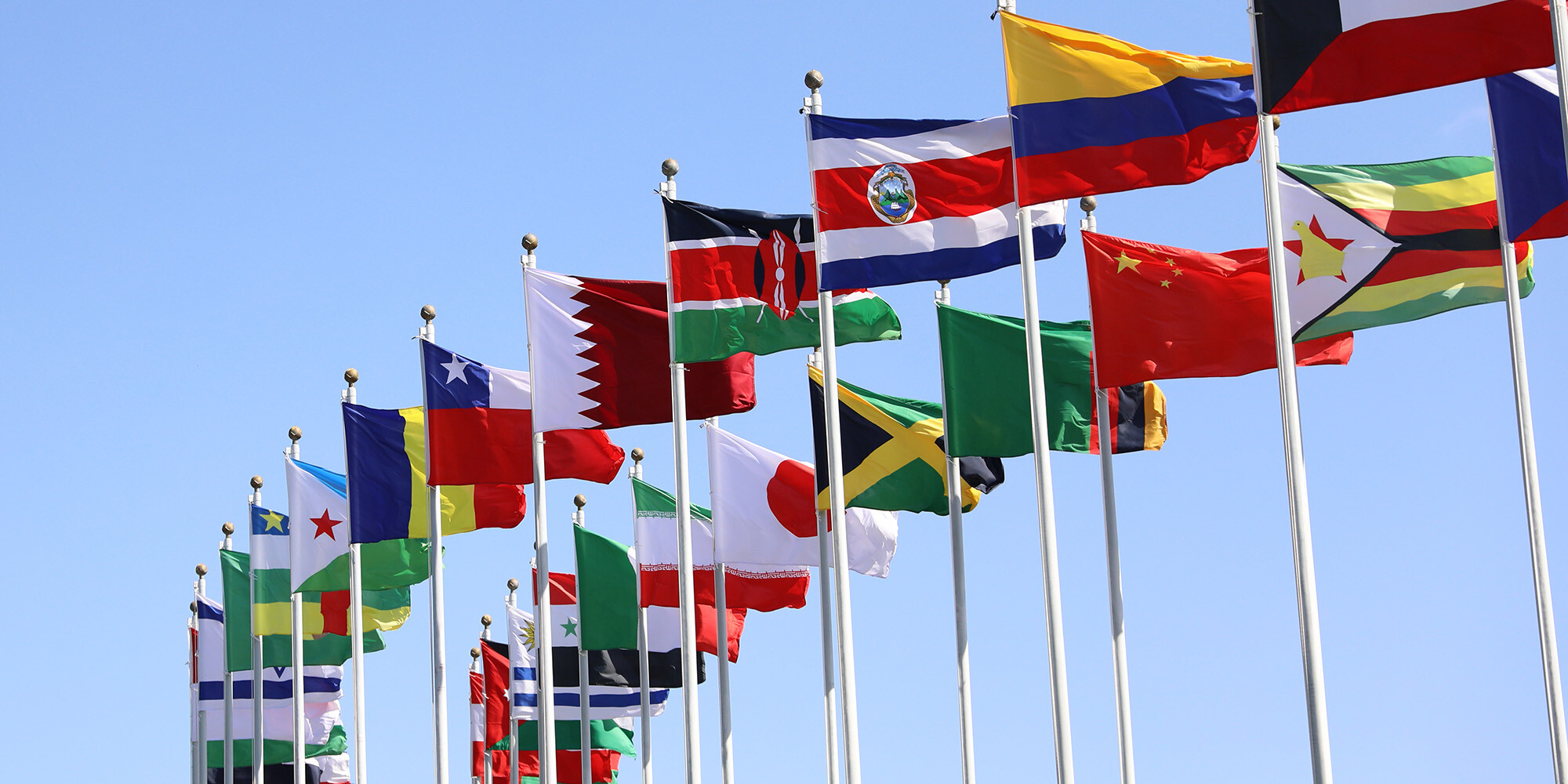
In 2007, the UN General Assembly adopted the United Nations Declaration on the Rights of Indigenous Peoples. Six of the 46 Articles that make up the UN Declaration reference the right of Indigenous Peoples to have “free, prior, and informed consent” (FPIC) regarding any activity that affects their ancestral lands, territories and natural resources.
FPIC is a principle protected by international human rights standards that state, ‘all peoples have the right to self-determination’ and – linked to the right to self-determination – ‘all peoples have the right to freely pursue their economic, social and cultural development.’ [1]
In this article, we contemplate the 'free' aspect of FPIC. The decision-making process must be free of pressure, intimidation, manipulation or coercion. The decision-making process should also be self-directed by the community from whom consent is sought and free of expectations and external timelines.
Using the above lens, let’s look at the Coastal Gas Link project that passes through the traditional territories of the Wet’suwet’en First Nation, which has both elected chiefs and hereditary chiefs.
Generally speaking, the elected chiefs are responsible for housing, health and education on the reserve and economic development for the communities; funded by the federal government. Generally speaking, the hereditary chiefs are responsible for traditional leadership, land and territory and other cultural duties; not funded by the federal government.
The main challenge in this conversation, when we look at it from an FPIC perspective, is that band councils are an Indian Act instrument. When the government of Canada implemented the band chief and council system, they did so even though Peoples like the Wet’suwet’en had governance in place through the hereditary chiefs.
The government of Canada created the band chief and council system. And it then goes to it for approvals and/or actions that affect that community. The problem with the elected band council system is that the Peoples did not create it; therefore, decisions made in this paradigm do not fit the Free principle of free prior and informed consent.
The Province of BC signed agreements with the elected chiefs of the Wet’suwet’en in 2014 for the Coastal Gaslink Pipeline Project Natual Gas Pipeline Benefits Agreement. Over time, the government negotiated many agreements with First Nations along the pipeline path. The question is: under the lens of FPIC, were the communities, including elected, hereditary and communities, free from pressure?
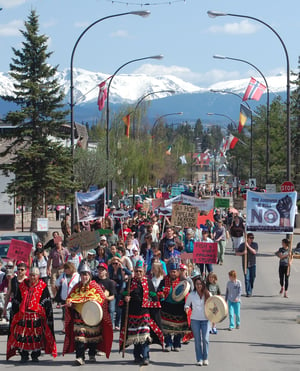
Some Wet’suwet’en hereditary chiefs, responsible for traditional leadership, territory and land, remain steadfast in their insistence that they are the ones to be consulted and negotiated with. The placards we see at blockades, protests and on social media declaring “No pipeline without consent” speaks to their perspective, objective, and goal of consultation and negotiations.
A future best practice would be “to look for opportunities to build processes and approaches aimed at securing consent, as well as creative and innovative mechanisms that will help build deeper collaboration, consensus, and new ways of working together” as stated in the Declaration on the Rights of Indigenous Peoples Act (Declaration Act), which the BC government passed into law in 2019. Below is an excerpt from the Declaration Act that provides insight into how FPIC will be approached in the future:
6 The Province of British Columbia recognizes that meaningful engagement with Indigenous peoples aims to secure their free, prior and informed consent when B.C. proposes to take actions which impact them and their rights, including their lands, territories and resources.
This principle acknowledges the Province’s commitment to a new government-to-government relationship that builds on and goes beyond the legal duty to consult. In delivering on this commitment, the Province recognizes the right of Indigenous peoples to participate in decision making in matters that affect their rights through their own representative institutions and the need to consult and cooperate in good faith with the aim of securing their free, prior and informed consent.
The Supreme Court of Canada has clarified that the standard to secure consent of Indigenous peoples is strongest in the case of Aboriginal title lands. The Supreme Court of Canada has confirmed that Aboriginal title gives the holder the right to use, control, and manage the land and the right to the economic benefits of the land and its resources. The Indigenous nation, as proper title holder, decides how to use and manage its lands for both traditional activities and modern purposes, subject to the limit that the land cannot be developed in a way that would deprive future generations of the benefit of the land.
The importance of free, prior and informed consent, as identified in UNDRIP, extends beyond title lands. To this end, British Columbia will look for opportunities to build processes and approaches aimed at securing consent, as well as creative and innovative mechanisms that will help build deeper collaboration, consensus, and new ways of working together. It will ensure that Indigenous peoples and their governments have a role in public decision making as part of Canada’s constitutional framework and ensure that Indigenous rights, interests, and aspirations are recognized in decision making. [2] [emphasis added]
It’s all right there. Had the Declaration Act been developed prior to the Coastal Gaslink Pipeline Project negotiations, things may have unfolded quite differently.
Honouring the principles of free, prior, and informed consent when engaging, consulting and negotiating with Indigenous Peoples is how democracy can evolve to include better decision-making processes, with all stages of negotiation being rooted in respect for human rights and the UN Declaration. It will help us avoid situations in the future like the one that unfolded on Wet’suwet’en territories by having a greater understanding of FPIC and how critical it is to restoring Indigenous Nations and creating economic certainty.
It’s a complicated topic which we discuss in our Indigenous Consultation & Engagement training, including tips for engagement around the Declaration.
[1] United Nations, Department of Economic and Social Affairs Indigenous Peoples
[2] Draft Principles that Guide the Province of British Columbia’s Relationship with Indigenous Peoples
Featured photo: Shutterstock
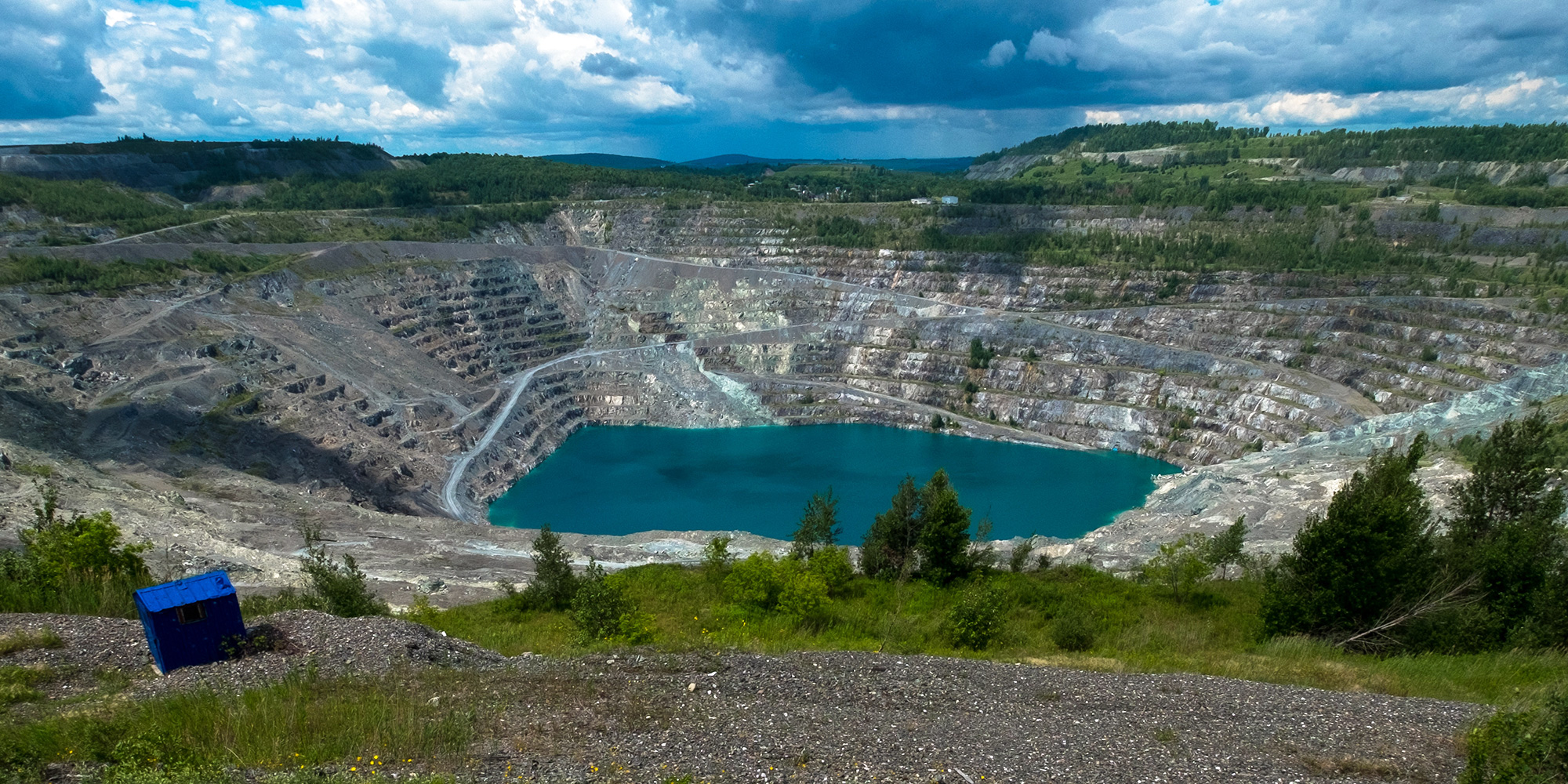
Looking back Back in 2014, when we published this blog post, Canada was wrestling with the notion of Free, Prior, and Informed Consent (FPIC) and the...
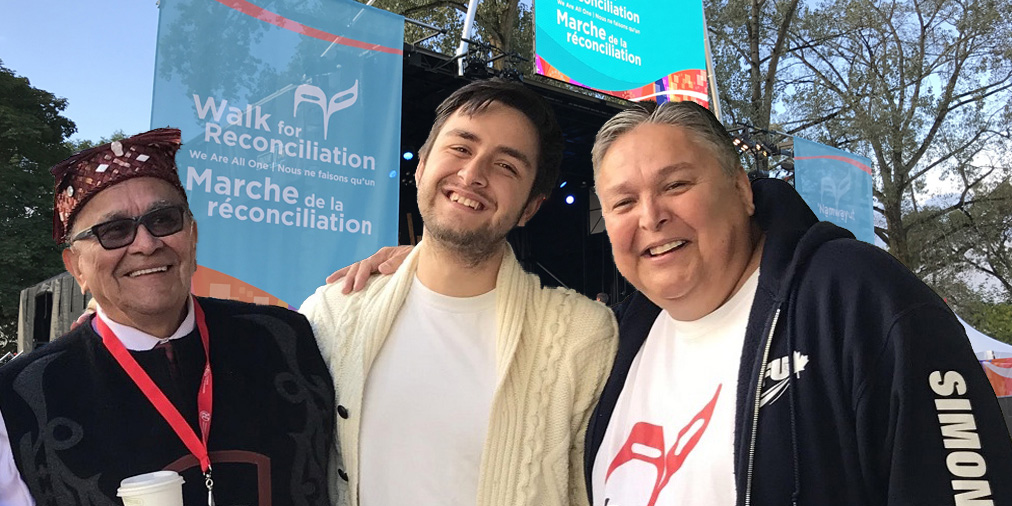
The great aim of our legislation has been to do away with the tribal system and assimilate the Indian people in all respects with the other...
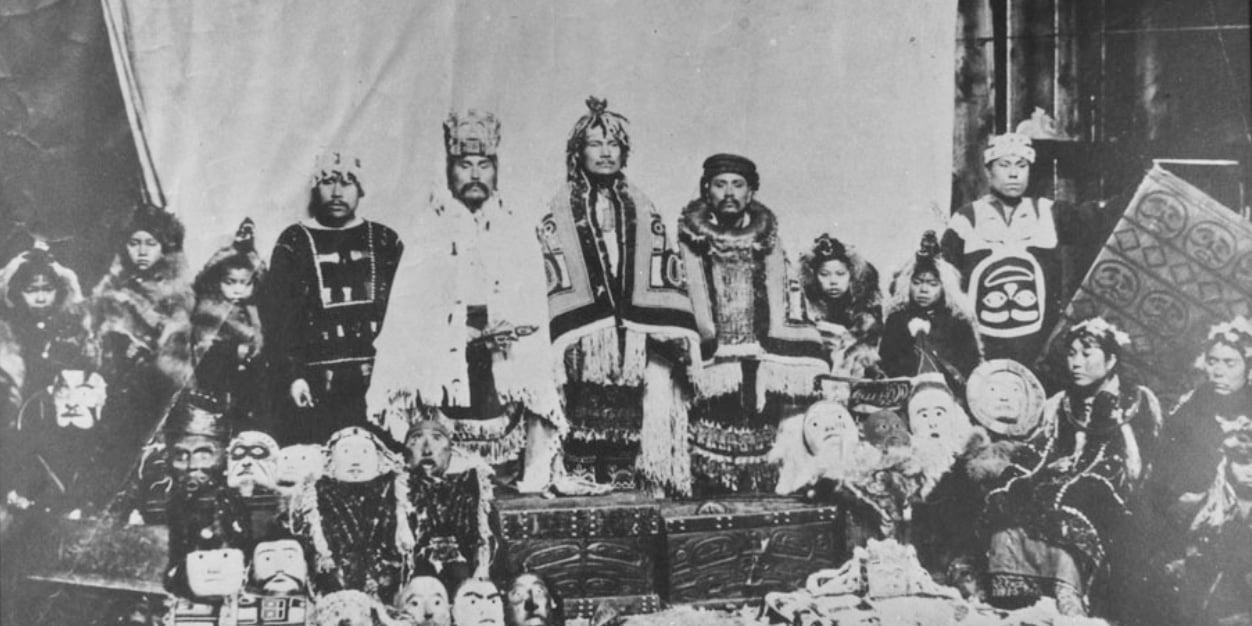
The role and responsibilities of First Nation Chiefs, traditional or elected, are not easily defined and are not synonymous across Canada due to the ...